There are many common reasons and medical conditions related to health issues with the lack of appetite for dogs. However, it may be also other reasons like bad dog foods, high temperatures, wet foods, or warm water. It can also be separation anxiety, why puppies stop eating. Loss of appetite for regular food therefore can stand from the separation from the older dogs.
Puppy owners must recognize the possible causes on time to prevent permanent problems for the dog. Another reason can also be that young puppies are picky eaters and also have changes in eating habits. The way dog eat treats can also lead to digestive infections often from peanut butter as an ingredient in treats or constant dry foods. Sometimes one of the possible reasons for the lack of appetite is an unexpected dish your dog had at the dog park which you didn’t see.
Always keep them on the safe side. The best way to protect your dog from kennel cough can be white rice. Keep in mind that some dogs may stop eating because of low blood sugar or when you go from wet foods to kibble.
Reasons Why Puppies Stop Eating
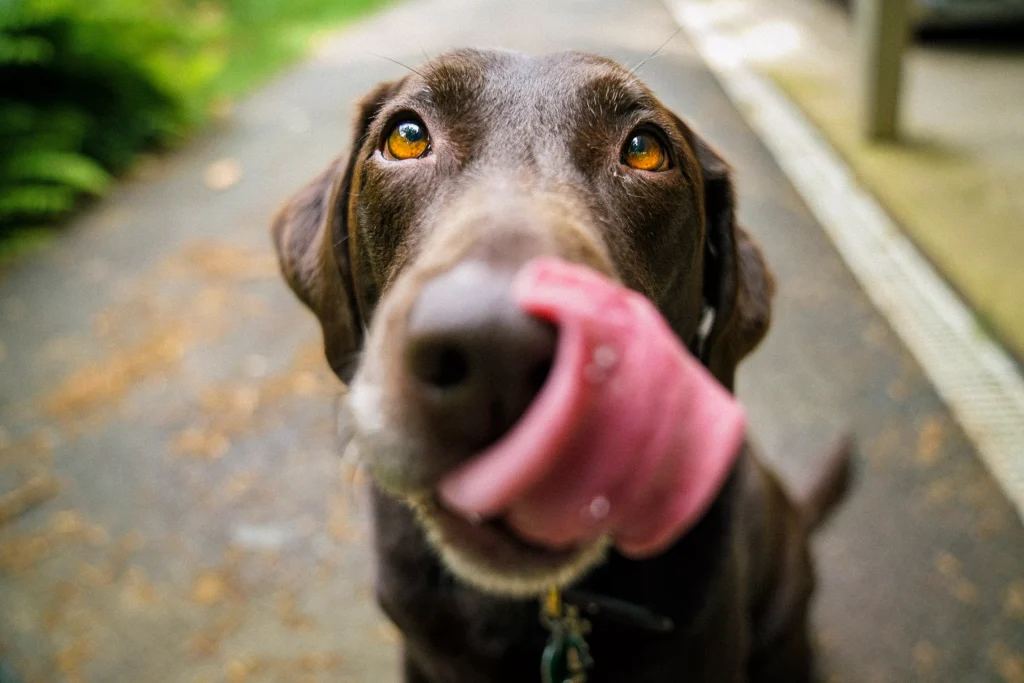
Maybe it is a dachshund thing for the finicky eater because your dog is used to a lot of treats or table scraps for example. Sometimes those scraps are not meant for puppy’s food which leads to food allergies and makes their stomach upset, and therefore they require medical attention.
The thing to do there then is to find a new location for the bowl and develop a new behavior, not to consume leftover food. Again, a general rule is that if the expiration date is over and you feed your dog some food, it can lead to intestinal parasites, and the best way and a good thing to do is to teach them new habits.
An added bonus to lack of appetite can be the hardness of food for pets for a time period. Dry food is not good in the long run. Keep in mind that if you notice some of the harder conditions from food sensitivities, the best thing to do is to take your dog to the puppy’s veterinarian.
Finicky Eater
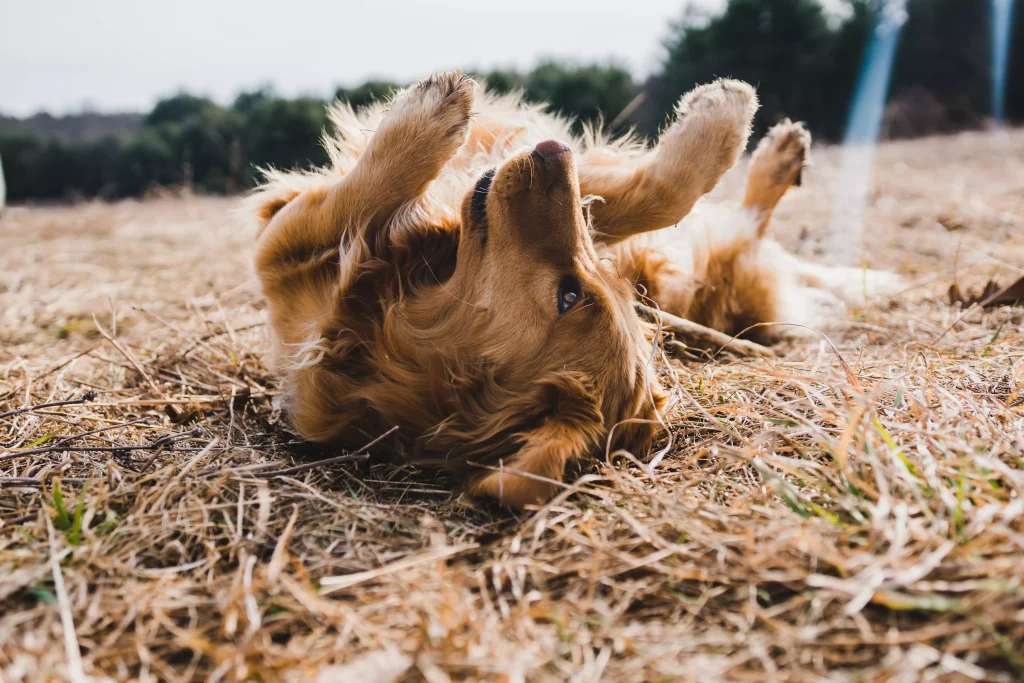
It’s not normal for pups to be fussy eaters. After all, your puppy has two features that should make them glad to eat anything: he or she is a dog and a puppy! Puppies, on the other hand, may become finicky eaters and have specific food preferences in certain situations.
If your puppy shows indications of not wanting to eat, you should always get them evaluated by a veterinarian to ensure that they are healthy.
Whether your puppy’s doctor has given them a clean bill of health, see if they’re willing to eat anything other than their meals, such as nutritious dog treats or dog-safe fruit. If they seem to like particular foods, it’s possible that they’re becoming choosy with their normal meals.
Stress and Anxiety

Stress may inhibit your puppy’s urge to eat, just as it does in people. Maybe you just got them home from the store. If you have children, it’s possible that they’ve recently returned to school and the puppy is suffering from separation anxiety. Alternatively, maybe the children are spending more time at home. Perhaps you have a crowded home for the holidays, which can be stressful for everyone!
Perhaps other pets in your house are “bullying” your dog – don’t dismiss the cat! Although puppies don’t have bills to pay or demanding jobs to attend, it’s vital to remember that they may still be stressed.
When puppies (and adult dogs) first arrive at their new home, they may go through an “adjustment phase,” having left a familiar environment (and potentially their mother or siblings) for an unfamiliar one filled with strangers. Keep an eye out for possible stressors in your dog’s environment.
Digestive Upset
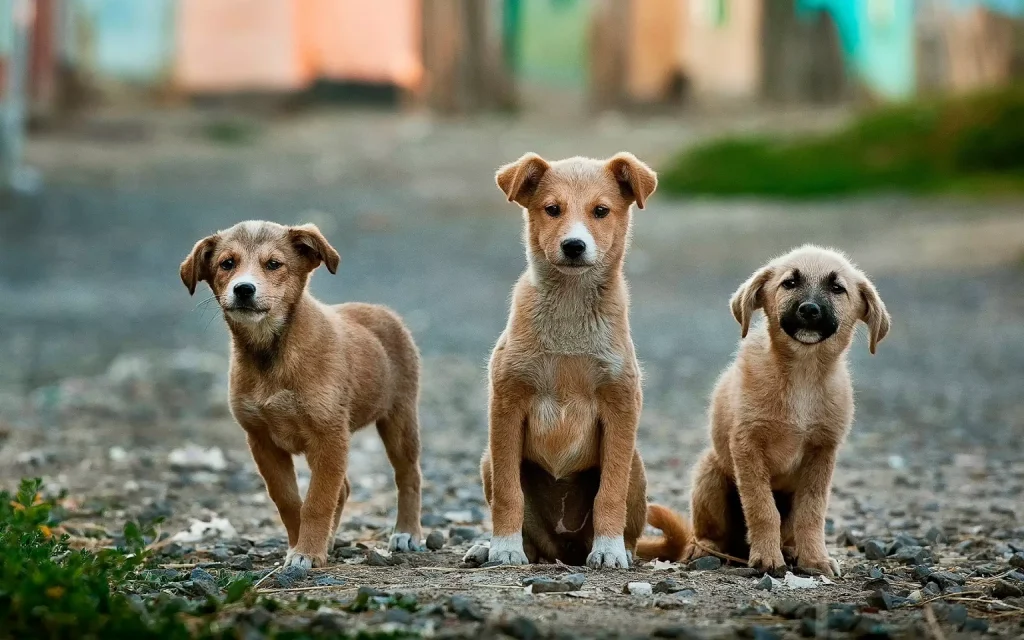
Puppies are infamous for eating stuff they shouldn’t, and regrettably, many puppy parents offer their pets unhealthy food and “treats” on purpose. Some candies and snacks, whether stolen or voluntarily offered by you, might induce stomach problems, obesity, and begging later in life.
They may even make your puppy refuse to consume the more nutritious and balanced dog food that they should be consuming! By puppy-proofing your house and training them not to counter surf, you can drastically reduce the chances of your dog stealing their own snacks.
Even if neither of you is doing anything “wrong,” certain puppy diets are just too rich for some dogs, and each puppy will react differently to specific foods. Dehydration is a possibility if your dog has diarrhea for longer than 12 hours. If your dog is also vomiting, the danger of dehydration rises.
Digestive Infections
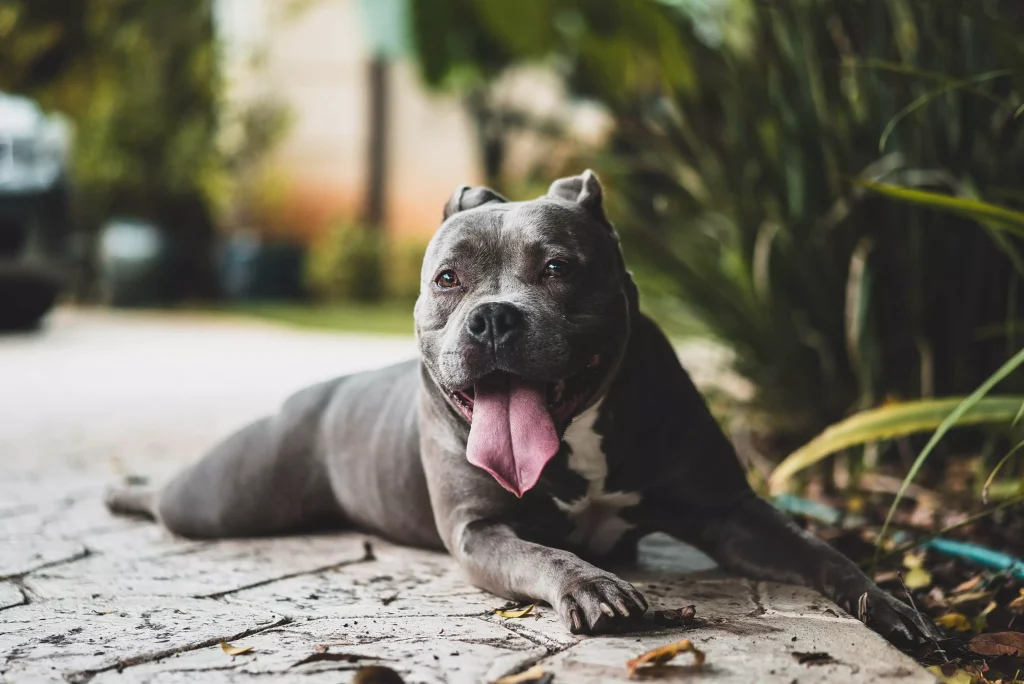
Viruses (such as Parvo), intestinal worms (such as roundworms), bacteria, and other “creepy-crawlies” may all set up shop in your puppy’s stomach and cause a variety of issues.
Before you bring your puppy home, he or she may have roundworms or other parasites in their stomach.
This is why we deworm pups during their puppy checkups, encourage fecally (poop) testing, and vaccine to avoid Parvo and other fatal illnesses.
Respiratory Infection
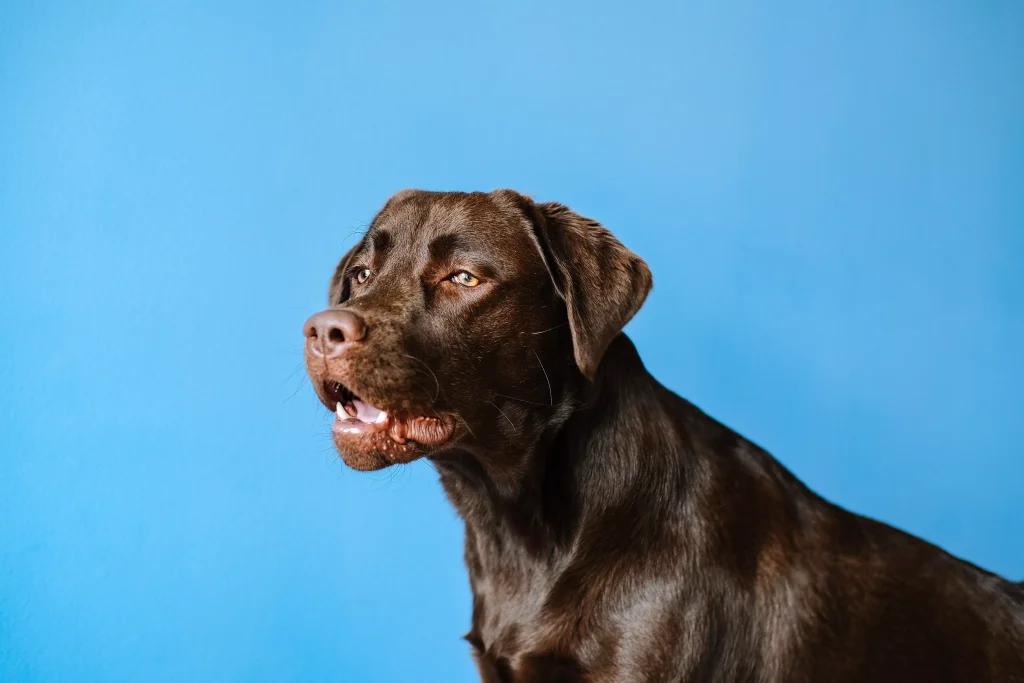
Kennel cough, one of the most common respiratory diseases, maybe minor and self-resolving, but it can also move to the lungs and cause death. Furthermore, some pups might get so congested that they lose their ability to smell.
This may be just another reason why some people refuse to eat. The best method to keep your puppy safe from kennel cough (and maybe canine influenza, a.k.a. “dog flu”) is to speak to your veterinarian about getting them vaccinated and keeping them away from dog parks and doggy daycare until they’re protected and ready – which is generally at least 17 weeks old!
Medical Attention Is Required When
- Diarrhea persists for more than 12 hours — or even sooner if your dog is also vomiting.
- There is blood in their vomit or diarrhea.
- Gums on your puppy are pale or greyish.
- Your pet seems to be sluggish or frail.
- Your puppy’s gums are dry and sticky, indicating dehydration.
A skin tent test may be used to evaluate dehydration. Simply raise your dog’s skin and hair around the nape of his neck. Your dog is certainly dehydrated if the skin and fur do not return promptly. The skin of people who are very dehydrated will stay tented. This is a life-threatening scenario for pups, and they need quick medical intervention.
Read more articles in the Lifestyle Category
